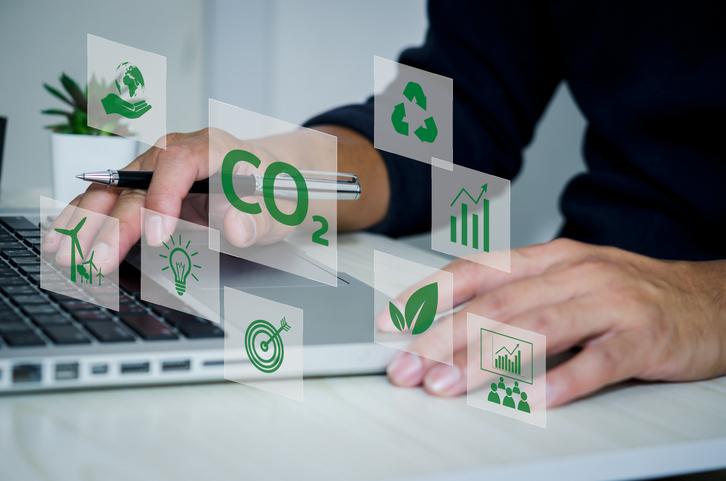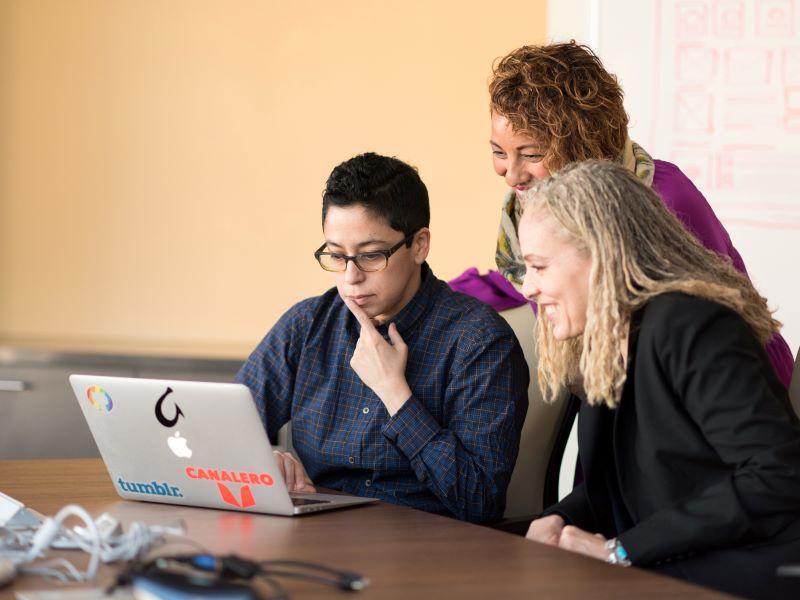The role of accountants is changing rapidly, putting them in leading positions where they can help to save the world from accelerating environmental crises. The accounting students in classrooms today are the business leaders of the future. They need to be prepared for accounting as a “technical, social and moral practice concerned with the sustainable utilisation of resources and proper accountability to stakeholders to enable the flourishing of organisations, people and nature,” write Gary Carnegie, Lee Parker and Eva Tsahuridu in their paper, It’s 2020: What is Accounting Today.
But how can this practice be taught if the sustainability standards are not yet set? Financial reporting standards took decades to develop and reach general agreement on an international scale. Once consensus was reached, stakeholders could rely on the principles of relevance and reliability to compare financial reports throughout the world. Sustainability standards are now following that route with the first few ISSB (International Sustainability Standards Board) pointers being issued, but as not all standards have been issued how can we possibly teach our students?
The answer is Freirean dialogic teaching.
In this form of teaching the teacher must put their ego aside and learn alongside students. It was suggested by Ian Thompson and Jan Bebbington back in 2004 but has a particular relevance today when considering how to teach the rapidly evolving subject of sustainability. Freirean teaching means focusing on discussion with students, finding out their views, challenging them on their assumptions, explaining the possible wider-reaching implications of the solutions they create. In his 1970 book Pedagogy of the Oppressed, Paulo Freire states that: “Knowledge emerges only through invention and re-invention, through the restless, impatient, continuing, hopeful inquiry human beings pursue in the world, with the world, and with each other.”
- Resource collection: How universities can work towards the SDGs
- Transformative not transmissive education for sustainability
- Studying sustainability by applying systems thinking to news stories
To be able to engage in invention and reinvention, students need three elements: knowledge, intellect and support. First, they need to know the terminology and basic principles of financial and sustainability reporting to form questions for meaningful enquiry. Second, they need the intellectual maturity to consider multiple viewpoints and synthesise evidence. Underlying this they need the security, support and encouragement from teachers and peers to have the confidence to voice their thoughts.
This can be done in an accounting classroom by:
1. Using texts such as The Routledge Handbook of Environmental Accounting which have conflicting views in them.
2. Explaining the conflicts, challenges and trade-offs that lecturers see in the world of sustainability and financial reporting.
3. Presenting with another lecturer and arguing different intellectual viewpoints.
4. Encouraging students to talk to one another to diversify their viewpoints and learn to challenge respectfully.
5. Exploring and explaining the relationship between established financial reporting principles and emerging sustainability ideas.
6. Discussing the latest developments of sustainability standards, questioning if they are achieving their aims to show how authority can be challenged.
7. Analysing the extent to which different well-known companies are responding to sustainability standards.
8. Immersing students in simulations like Accounting BISSM where they get to make business decisions, especially when weighing up profit and environmental impact.
9. Considering red flags for modern day slavery in case studies and what happens when these are ignored.
10. Discussing the wider role of accountants and attractiveness of the profession – for example, using this article entitled “How should we redefine accounting?” from the Institute of Chartered Accountants in England and Wales (ICAEW).
11. Empowering students to develop intellectually by reflecting on their work using active feedback.
12. Welcoming questions and coaching students rather than having the teacher as the only source of knowledge.
By creating Freirean dialogue in accounting teaching, future generations can be empowered to truly make a difference when they enter the workplace. They can understand the roots of sustainability standards through financial reporting and use this to interpret the standards as they emerge. They will have the intellectual development to synthesise information to make decisions that allow people and nature to flourish. They will have had the support in developing confidence to become professionally sceptical and critically challenge authority. In this way they will be able to hold organisations accountable for their environmental and social damage and show how accountants can better the world.
Jennifer Rose is a senior lecturer in the Alliance Manchester Business School (AMBS) at the University of Manchester.
If you’re interested in finding out more about the issues discussed in this resource and talking about embedding sustainability in accounting, please register your interest for an upcoming forum at AMBS, University of Manchester on 1 November here: Embedding Sustainability in Audit and Accounting Education – a forum for professional accountancy bodies, academics & training providers.
If you would like advice and insight from academics and university staff delivered direct to your inbox each week, sign up for the THE Campus newsletter.




comment17
(No subject)
(No subject)
(No subject)
(No subject)
(No subject)
(No subject)
(No subject)
(No subject)
(No subject)
(No subject)
(No subject)
(No subject)
(No subject)
(No subject)
(No subject)
(No subject)
(No subject)